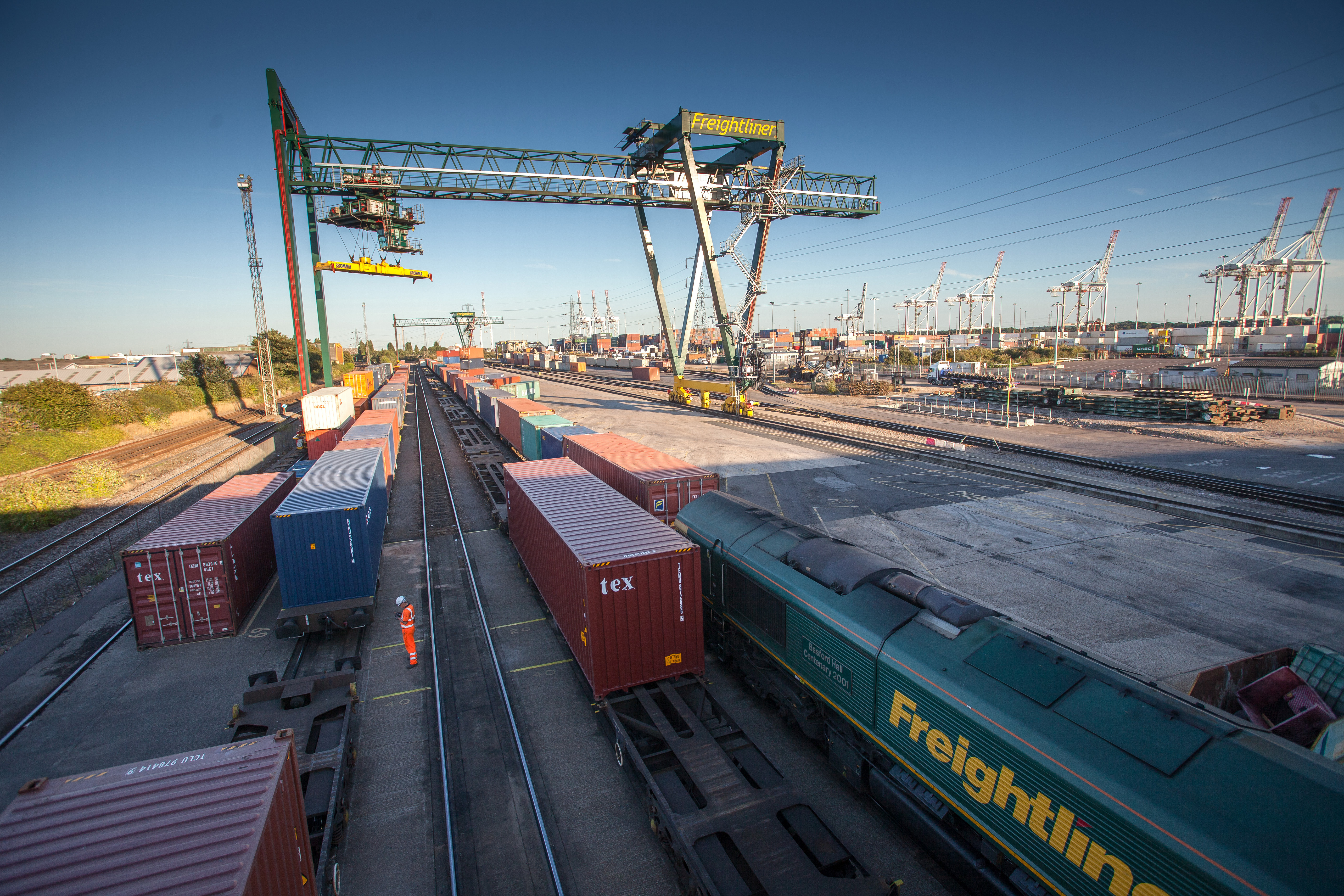 Maggie Simpson Director General, RFG
Maggie Simpson Director General, RFG

This time last year, it seemed that rail freight was on a roll, if you’ll forgive the pun. Everywhere we looked, we found people keen to talk to Rail Freight Group about the possibility of using rail to move their goods around the country. With the emphasis on sustainability and the green economy, rail seemed an obvious choice in the journey to reducing carbon footprint. Pressure was coming from consumers as much as from businesses. Adding to this push to rail were the shortage of HGV drivers and the increasing cost of fuel.
This year, it is obvious that the emphasis has moved slightly. Rail freight has always had to prove an economic case as well as an environmental one, but the current cost of living crisis has sharpened the focus on costs.
Freight is a derived demand, and when the economy shrinks, so does the need to move goods. Rail has tended to fare better than road in previous downturns, and the early signs are that this is happening again, but even so, you cannot outrun a recession forever. Maintaining and growing rail freight will inevitably be made harder by the economic outlook.
The railways as a whole are not immune to this either, with spending cutbacks across the board and an uneasy position on industrial relations. Performance and reliability have been poor over 2022, and customers have felt the impact of this too often. There is concern over how reduced funding will affect Network Rail, and its ability to maintain performance for freight customers. 2023 also brings the conclusions of the latest Periodic Review (PR23), including new calculations for access charges for all rail freight commodities.
Alongside are the questions over rail reform, the Commission on access reform, and the Government proposals to repeal EU derived legislation, all of which brings legal and regulatory uncertainty for freight.
Yet despite the unrelenting bad news, there is still plenty to be positive about. Importantly, customers are still keen to consign more by rail and new businesses are looking to add rail into their supply chains.
Use of rail is one of the few ways to take carbon out of supply chains right now and we expect that pressure to continue over the year. Equally the post Brexit changes to supply chains look set to continue, with an upturn in goods moving in containers through ports rather than on accompanied road trailers on the Dover straits.
There is also continued private investment in rail freight, including phase three of the Daventry International Rail Freight Terminal, at the Northampton Gateway and the West Midlands interchange. The recently announced First of a Kind funding had several excellent projects for freight, including tackling auxiliary power on locomotives and improvements to bogie design as well as technology to improve the core systems and processes for freight planning.
The rail freight industry is working hard to deliver growth despite the many challenges ahead. This is not easy, businesses have to balance their ability to grow with financial risk and the need for stability, yet we should expect to see continued new services over the year. To really help freight flourish, Government and the wider industry has to play its part too.
Despite the funding challenges it is essential that a pro-growth agenda is allowed to continue, and that new customers are welcomed to rail. The plans for rail reform, however they emerge, must focus on bringing stability for freight operators as well as delivering private sector investment, and any amendments to access policy must work to protect capacity for growth.
For more information, please visit: www.rfg.org.uk